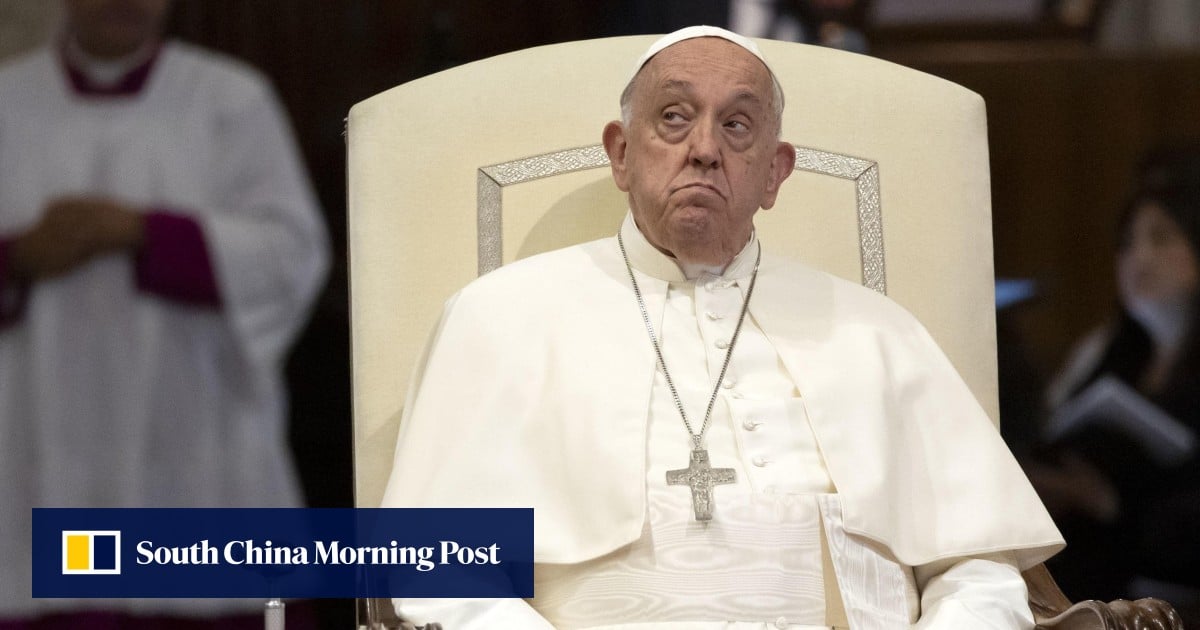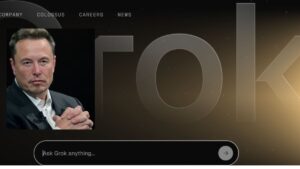Can AI Forecast the Next Pope? ChatGPT, Grok by Musk, and Google Gemini Tackle the Vatican Mystery

The Process of Electing a New Pope
Understanding the Election of a Pope
The recent passing of Pope Francis has initiated a significant transition within the Catholic Church as the election for a new pope begins. This process, historically shrouded in secrecy, involves the participation of cardinals from around the world who gather in a conclave to elect the next leader of the Church. While the details of the election can be elusive, many are keen to speculate about potential candidates.
The Impact of Pope Francis’s Death
Pope Francis’s death on April 21 marked a moment of mourning for Catholics globally. However, it also sparked intense discussions among Vatican insiders, analysts, and even betting agencies about who might succeed him. This speculation is not just of interest to the faithful; it captures the attention of the public and the media alike.
AI’s Attempt to Predict the New Pope
In an intriguing twist, various artificial intelligence systems have been tasked with analyzing potential frontrunners for the papacy. Agence France-Presse tested several AI chatbots, including OpenAI’s ChatGPT and Grok from Elon Musk. Their aim was to gather insights on who might be leading the race for the papacy, revealing a mix of predictions.
Notable Candidates According to AI
AI models provided differing opinions, but several names surfaced repeatedly.
Cardinal Pietro Parolin: He is currently the Secretary of State of the Holy See and has served in this role since 2014. Both Grok and Google’s Gemini identified him as a strong candidate based on his experience and standing within the Vatican hierarchy. Commenting on his candidacy, Gemini stated, “Based on current analysis and prominent discussions, Cardinal Pietro Parolin emerges as a strong contender.”
- Other Contenders: A total of around eight other candidates were also mentioned in the predictions. While specifics on these individuals were not detailed in the responses, speculation typically includes cardinals who have made significant contributions or who hold influential positions within the Church.
The Role of Cardinals
The conclave consists of cardinal electors who have the privilege to vote for the new pope. This group is limited to those under 80 years old at the time of the pope’s death. The electors engage in a series of rounds of voting, and a two-thirds majority is required to appoint the new pope. The secretive nature of these meetings ensures that discussions and deliberations are kept confidential, adding to the suspense surrounding the election.
Factors Influencing the Election
Several factors might affect the cardinals’ choice for the next pope:
- Experience: Cardinals with extensive experience in Church administration or diplomacy tend to be viewed favorably.
- Theological Alignment: Candidates who resonate with the current theological directions of the Church often have an edge.
- Global Representation: As the Catholic Church continues to grow globally, cardinals from diverse backgrounds might be considered to represent different regions effectively.
Public Interest and Speculation
The process of electing a new pope attracts widespread attention not only from Church officials but also from the media and general public. Various bookmakers and analysts have attempted to predict outcomes, based on historical trends and the characteristics of potential candidates. Even though these predictions are speculative, they demonstrate the significant interest in the leadership of the Catholic Church.
The interplay of tradition, modern analytical tools, and public curiosity underscores the complexity of this historic process. As the election unfolds, the dynamics leading to the selection of the next pope will continue to be a subject of fascination and discussion across the globe.





